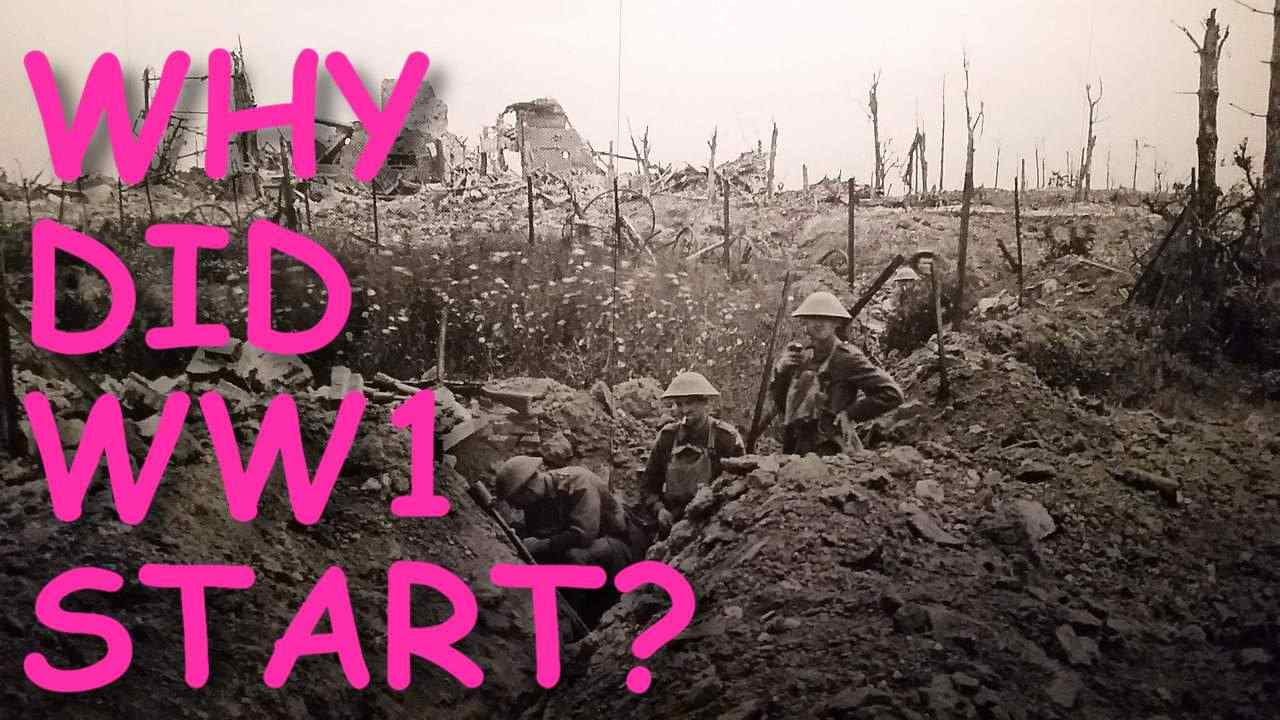Table of Contents
Intro Why Did WW1 Start
World War I was one of the most devastating wars in history, resulting in millions of casualties. For many years, historians have studied and debated why World War I started. It is a complex question that requires an analysis of multiple factors such as colonialism, militarism and nationalism. In this article, we will explore the various political, economic and social aspects that led to the outbreak of World War I in 1914.
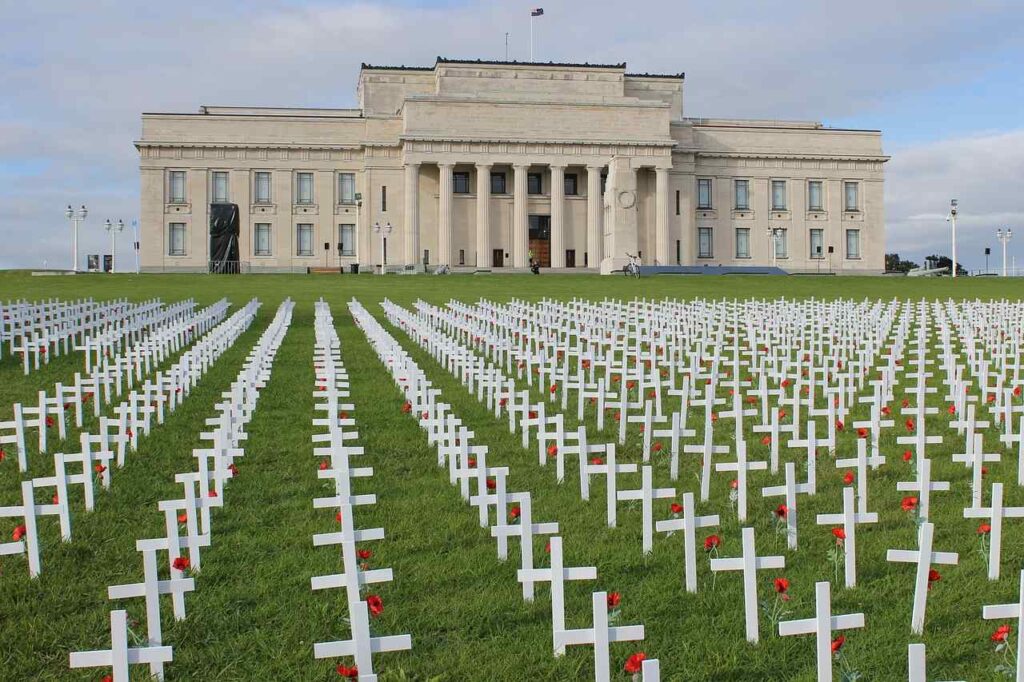
World War I
World War I, also known as the Great War, was a global conflict that lasted from 1914 to 1918. The war started due to complex political tensions and alliances between European nations. The immediate trigger for the war was the assassination of Archduke Franz Ferdinand of Austria-Hungary in Sarajevo on June 28, 1914 by Gavrilo Princip, a member of a Serbian nationalist group.
Austria-Hungary saw this event as an opportunity to crush its troublesome neighbor Serbia and sent an ultimatum demanding Serbia's compliance with their demands. When Serbia refused to meet these demands, Austria-Hungary declared war on July 28, 1914. Russia mobilized its army in support of Serbia and Germany declared war on Russia on August 1, beginning the chain reaction that led to World War I.
The conflict soon spread beyond Europe as other major powers joined the battle. Britain entered the war when Germany violated Belgium's neutrality while Italy joined with the Allies in May 1915 after being promised territorial gains by France and Britain. Ultimately, World War I became one of history's deadliest conflicts claiming millions of lives and reshaping global politics forever.
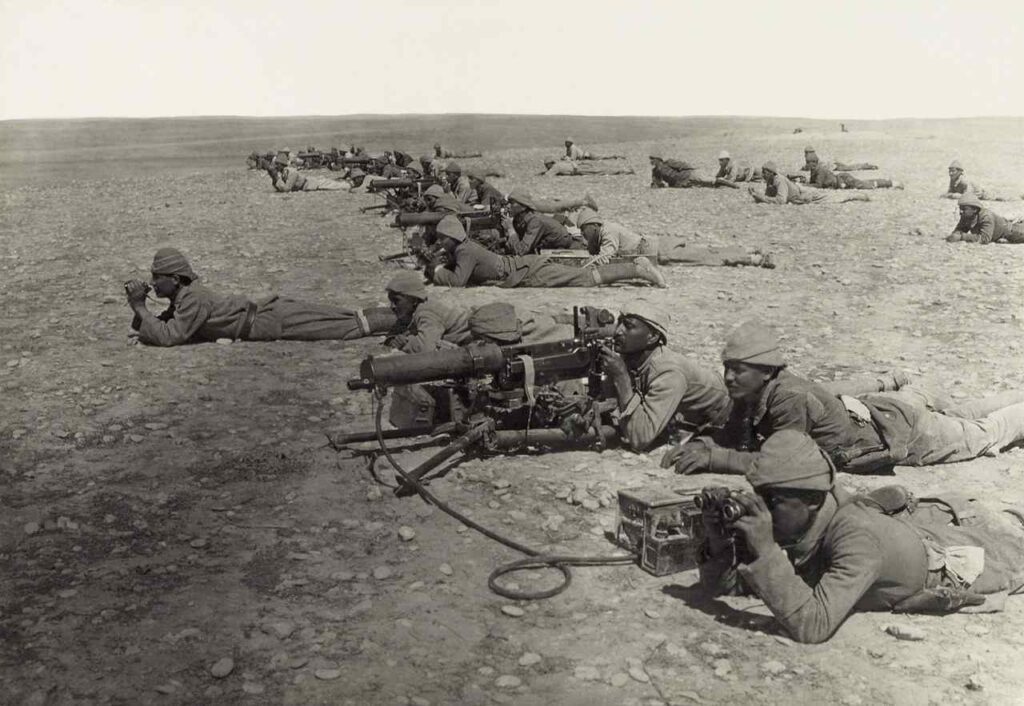
Causes: Militarism, Imperialism, Nationalism
Militarism, imperialism, and nationalism were the leading causes of World War 1. Militarism refers to the glorification of military power and the belief that a country should maintain a strong military capability to defend itself or to wage war. This led to an arms race between countries as each tried to outdo the other in terms of military strength. The increasing militarization created tension among nations that ultimately resulted in conflict.
Imperialism is another cause of WWI, which is characterized by countries expanding their territories through colonization or annexation. European powers saw imperial expansion as a way of gaining resources for industrialization and increasing national prestige. However, this led to competition among nations over colonies and spheres of influence, contributing to tensions that eventually boiled over into war.
Nationalism fueled the flames of WWI by promoting intense patriotism and loyalty towards one's nation above all else. Nationalistic fervor drove countries towards aggressive foreign policies and territorial expansion at any cost, ultimately leading them into conflict with other nations. In sum, these three factors combined created an environment where war was not just possible but inevitable – culminating in one of history's deadliest conflicts: World War I.
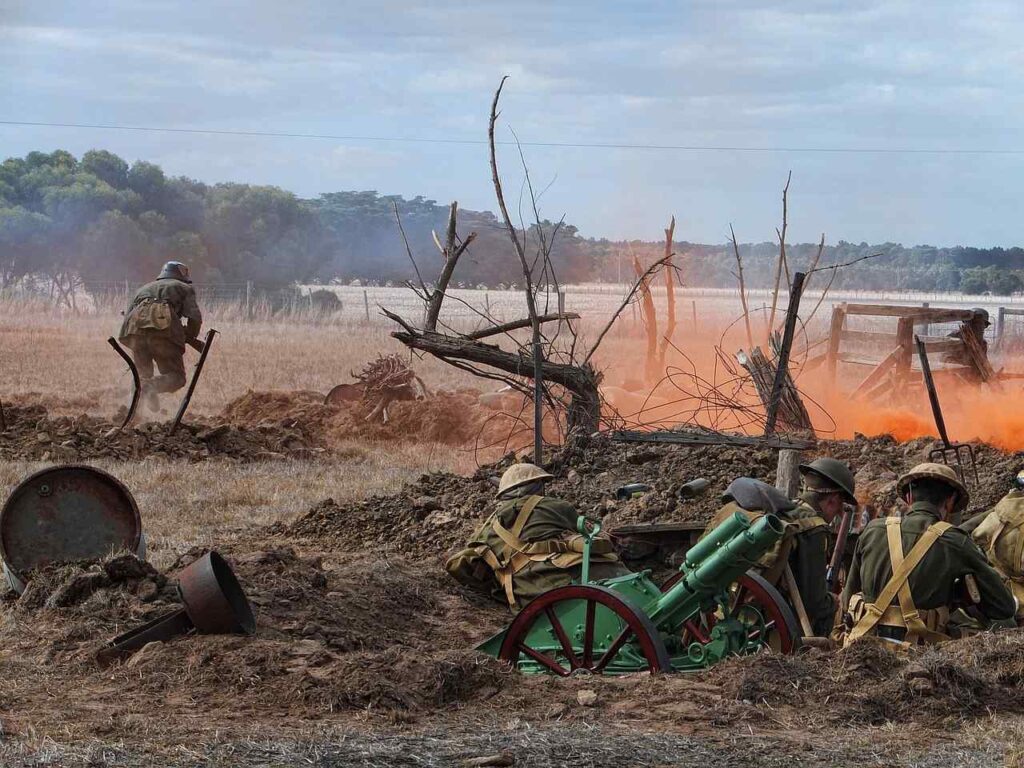
The Assassination of Franz Ferdinand
The assassination of Franz Ferdinand on June 28, 1914, is considered the event that sparked the beginning of World War I. Franz Ferdinand was the heir to the Austro-Hungarian Empire and his assassination in Sarajevo, Bosnia, by a Serbian nationalist was seen as a direct attack on Austria-Hungary's authority in the Balkans. This led to a series of diplomatic tensions and alliances being triggered across Europe.
The assassination set off a chain reaction that resulted in countries taking sides and declaring war on each other. Germany pledged its support for Austria-Hungary, while Russia mobilized its army to defend Serbia. France then declared war on Germany in defense of Russia, and Britain joined the fray when Germany invaded Belgium. The world had plunged into war.
In summary, the assassination of Franz Ferdinand served as a trigger point for what would become known as WWI. It highlighted growing political tensions between European powers and led to an intricate web of alliances being activated across multiple nations. These events ultimately culminated in one of history's deadliest conflicts that lasted from 1914-1918 and claimed millions of lives worldwide.
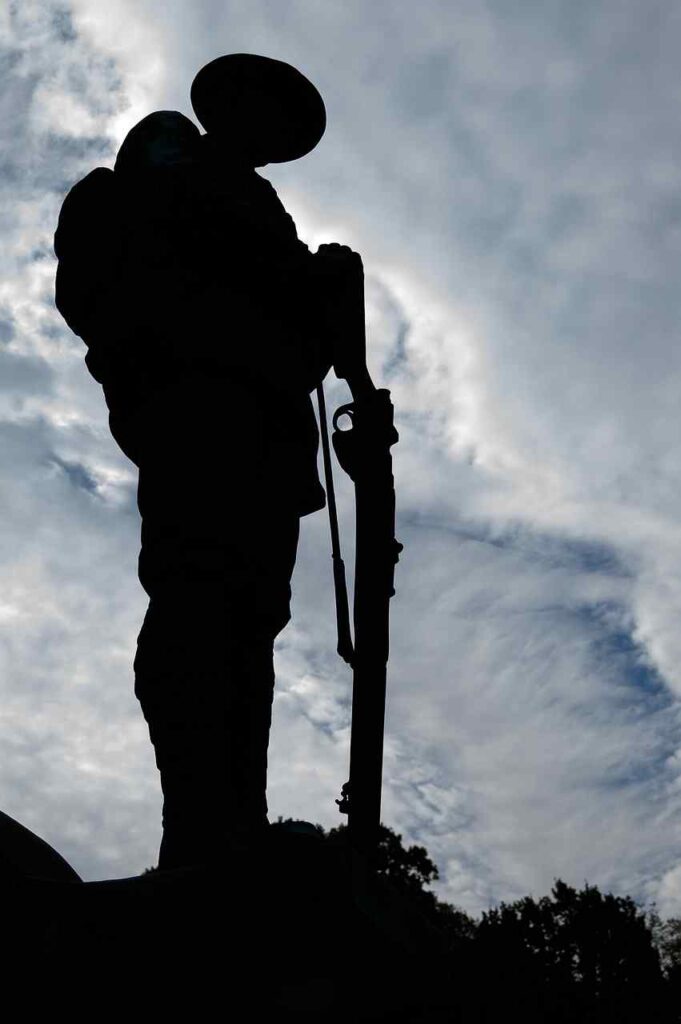
Arms Race
The Arms Race was a significant factor that led to the start of World War I. In the early 20th century, European nations were competing with each other to build bigger and better weapons. This competition escalated as countries began to develop new technologies such as submarines and machine guns. This race for military supremacy created an atmosphere of tension and suspicion between the major powers.
The German Empire, feeling threatened by this arms race, began to increase their own military power. They built battleships, invested in aircraft technology, and increased the size of their army. However, this only fueled further competition from other European countries who also sought to maintain their military superiority.
As tensions continued to mount in Europe due to this arms race, alliances formed between different nations which ultimately led to the outbreak of war. When Archduke Franz Ferdinand of Austria-Hungary was assassinated in 1914 by Serbian nationalists, it was just the spark needed for these long-simmering tensions to ignite into a full-blown conflict that would ravage Europe for years to come.
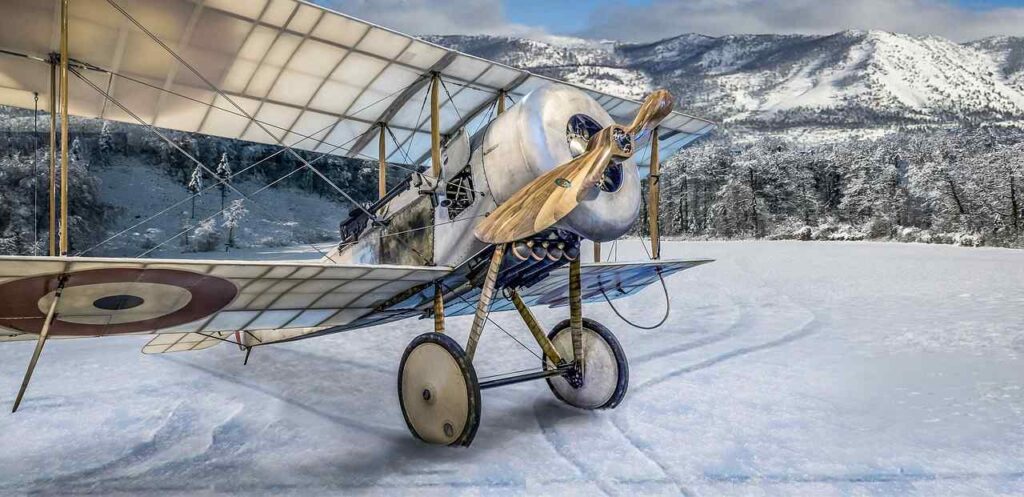
Alliances and Treaties
Alliances and treaties were crucial factors that led to the start of World War I. Prior to the war, Europe was divided into two opposing alliances: the Triple Entente (consisting of Great Britain, France, and Russia) and the Central Powers (led by Germany and Austria-Hungary). These alliances were formed as a result of various treaties signed among European nations in order to maintain a balance of power.
However, when tensions began to rise between Serbia (an ally of Russia) and Austria-Hungary in 1914, these alliances were tested. When Austria-Hungary declared war on Serbia, it triggered a chain reaction of events that ultimately led to all major powers becoming involved in what would become World War I.
The system of alliances and treaties proved to be rigid and inflexible during this time period. Instead of maintaining peace among nations, it ended up causing them to become embroiled in an all-out global conflict that claimed millions of lives. The failure of diplomacy during this time highlights just how significant alliances and treaties can be when it comes to international relations.
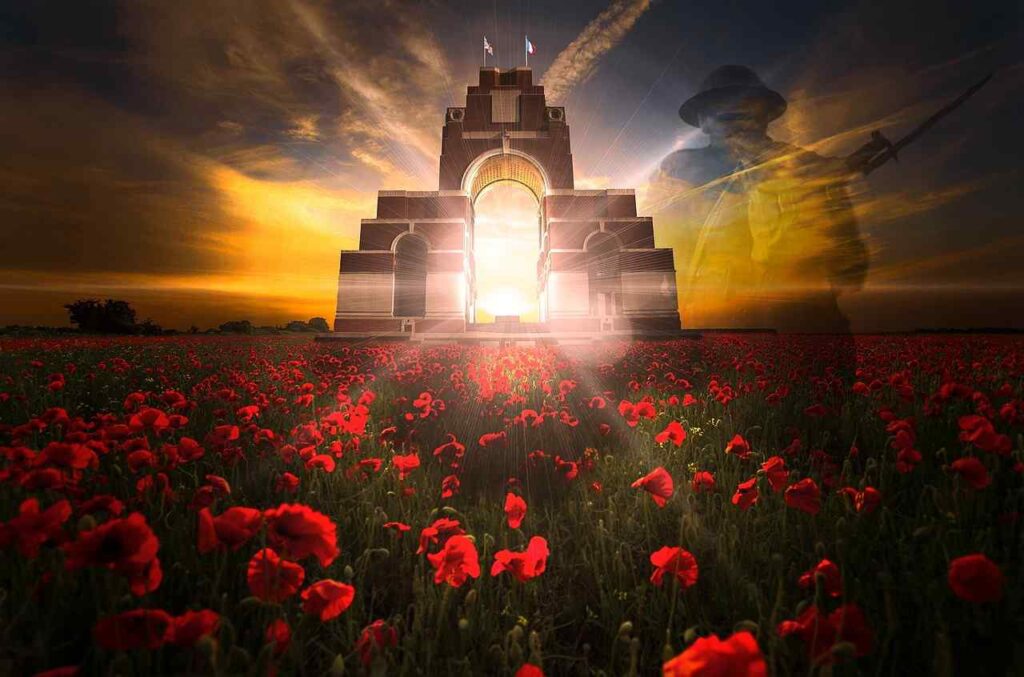
Outbreak of WW1
The outbreak of WW1 was a culmination of years of tension and unrest among European powers. The assassination of Archduke Franz Ferdinand and his wife in Sarajevo, Bosnia on June 28, 1914, provided the spark that ignited the conflict. Austria-Hungary declared war on Serbia a month later, leading to a series of alliances and counter-alliances between European nations.
Germany supported Austria-Hungary while Russia supported Serbia. France and Britain joined the fray in defense of their allies. The war quickly escalated with the use of new technologies such as tanks, airplanes, and chemical warfare. Millions of soldiers lost their lives in brutal battles across Europe.
The Treaty of Versailles signed on June 28th, 1919 officially ended the war but left deep political wounds that would ultimately lead to World War II just two decades later. The outbreak of WW1 serves as a reminder about how fragile peace can be when diplomatic efforts fail to resolve conflicts peacefully.
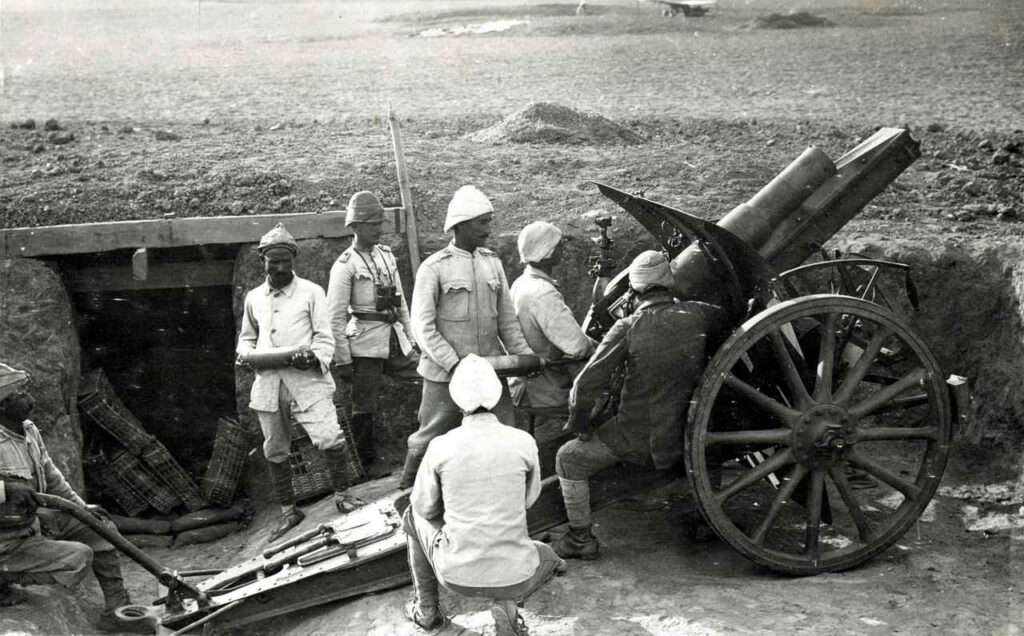
Conclusion
In conclusion, the origins of World War I are complex and multifaceted. The immediate cause of the war was the assassination of Archduke Franz Ferdinand of Austria-Hungary by a Serbian nationalist in June 1914. However, this event alone does not fully explain why the conflict broke out. Instead, deeper underlying factors such as nationalism, imperialism, and militarism played a major role in creating an environment ripe for war.
Moreover, long-standing tensions between European powers also contributed to the outbreak of hostilities. For instance, Germany's growing military power and desire for colonies put it at odds with Britain and France. Similarly, Russia's support for Serbia was seen as a threat by Austria-Hungary. These rivalries created a system of alliances that drew more countries into the conflict once war did break out.
Overall, understanding why World War I started requires examining both its immediate causes and deeper underlying factors. By doing so, we can gain insight into how seemingly isolated events can set off global conflicts with far-reaching consequences.
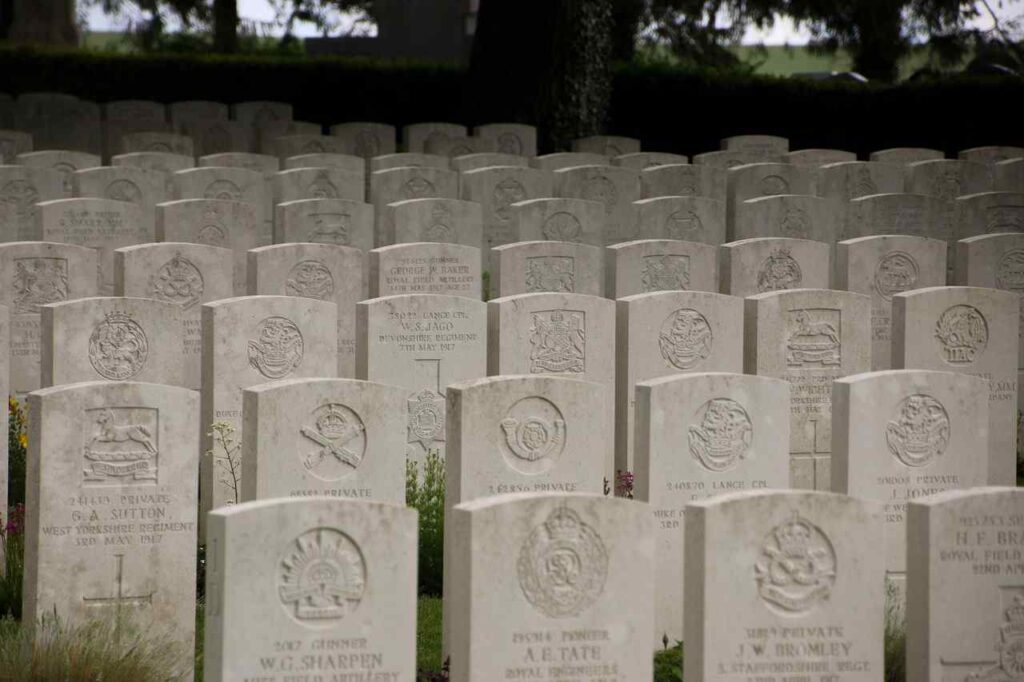
Frequently Asked Questions About Why Did WW1 Start
Q: What was the cause of World War 1?
A: The causes of the First World War are complex, but some of the main factors include the alliance system, militarism, imperialism, and the assassination of Archduke Franz Ferdinand of Austria-Hungary.
Q: When did the First World War start?
A: The First World War began on July 28, 1914.
Q: Who declared war?
A: Austria-Hungary declared war on Serbia, which initiated a series of declarations of war by the other powers involved in the conflict.
Q: Did Germany start the war?
A: Germany did not start the war, but its actions and alliances with Austria-Hungary contributed to the outbreak of war.
Q: Who was Kaiser Wilhelm II?
A: Kaiser Wilhelm II was the leader of Germany prior to and during the First World War. His aggressive foreign policy and desire for a powerful German Empire played a role in the outbreak of war.
Q: How did the war start?
A: The war started with the assassination of Archduke Franz Ferdinand of Austria-Hungary by a Serbian nationalist on June 28, 1914. This event led to a chain of events, including declarations of war and the mobilization of armies.
Q: Why did Germany go to war?
A: Germany went to war to support its ally, Austria-Hungary, and to protect its own interests and position as a world power.
Q: How many soldiers were involved in the First World War?
A: The First World War involved millions of soldiers from various countries around the world.
Q: Who were the major powers involved in the war?
A: The major powers involved in the war were Germany, Austria-Hungary, and the Ottoman Empire (Central Powers), and France, Russia, and Great Britain (Allied Powers).
Q: When did the First World War end?
A: The First World War ended on November 11, 1918, with the signing of the Armistice of Compiegne.
Q: What were the origins of World War I?
A: The origins of World War I can be traced back to a complex web of alliances, rivalries, and imperial ambitions among the nations of Europe in the years leading up to the war. The immediate cause of the war was the assassination of Archduke Franz Ferdinand of Austria-Hungary by a Serbian nationalist in June 1914.
Q: Why did the war break out?
A: Following the assassination of Archduke Franz Ferdinand, Austria-Hungary declared war on Serbia. This set off a chain reaction as other countries became involved due to their alliances and interests, ultimately leading to the outbreak of war.
Q: What role did Germany play in the start of the war?
A: Germany played a significant role in the start of the war. They had pledged to support Austria-Hungary if they went to war with Serbia, and also had military plans to invade France through neutral Belgium. When war broke out, Germany began its invasion of Belgium, which drew Britain into the conflict.
Q: How many soldiers were involved in World War I?
A: It is estimated that over 65 million soldiers from around the world were involved in World War I.
Q: What was the position of the Royal Navy during World War I?
A: The Royal Navy played a crucial role in the war effort. They maintained a blockade of Germany to prevent supplies from reaching them, and also fought battles against the German navy.
Q: Which countries were neutral at the start of the war?
A: At the start of the war, countries such as Spain, the Netherlands, and Switzerland remained neutral. Belgium was also neutral but was invaded by Germany at the beginning of the war.
Q: What was the balance of power in Europe leading up to the war?
A: Prior to World War I, the balance of power in Europe was delicate and constantly shifting as nations jostled for position. The two main alliances were the Triple Alliance, consisting of Germany, Austria-Hungary, and Italy, and the Triple Entente, consisting of France, Russia, and Britain.
Q: How did the war progress?
A: For the first few months of the war, there was a great deal of movement as armies tried to outmaneuver each other. However, this soon gave way to trench warfare as both sides hunkered down and dug in.
Q: How did World War I end?
A: World War I ended on November 11, 1918, when Germany signed an armistice with the Allies. The Treaty of Versailles was later signed, officially ending the war.
Q: What was the impact of World War I?
A: World War I brought about significant changes both in Europe and around the world. Millions of men lost their lives, and many countries were left in ruins. The war also set the stage for World War II, and led to the downfall of empires such as Prussia and Austria-Hungary.
Related Articles
World 101 Why Did WW1 Start?
https://world101.cfr.org/historical-context/world-war/why-did-world-war-i-happen
BBC Why Did WW1 Start?
https://www.bbc.co.uk/bitesize/topics/zqhyb9q/articles/znhhrj6
The Week Why Did WW1 Start? How Did The First World War Start
https://www.theweek.co.uk/59782/how-did-the-first-world-war-start
Twink Why Did WW1 Start?
https://www.twinkl.co.uk/resource/t2-h-5312-why-did-the-first-world-war-start-powerpoint
Quora Why Did WW1 Start?
https://www.quora.com/Where-and-why-did-WW1-happen
Rebellion Research Why Did WW1 Start?
https://www.rebellionresearch.com/why-did-ww1-start
WW1 Playing Games Why Did WW1 Start?
https://www.ww1playingthegame.org.uk/content/ww1-history/ww1-start
Bartleby Why Did WW1 Start?
https://www.bartleby.com/essay/Why-Did-Ww1-Start-B14B3ADFC205C97A
Facebook Why Did WW1 Start Dan Snow Explains In 2 Minutes
Quizlet Why Did WW1 Start?
https://quizlet.com/211581672/why-did-ww1-start-flash-cards/
Nerd Momma Why Is Education Important?
https://nerdmomma.com/why-is-education-important-10-big-reasons-why/#more-2743
Nerd Momma Why Is Biodiversity Important?
https://nerdmomma.com/why-is-biodiversity-important-report-no2/#more-2730
